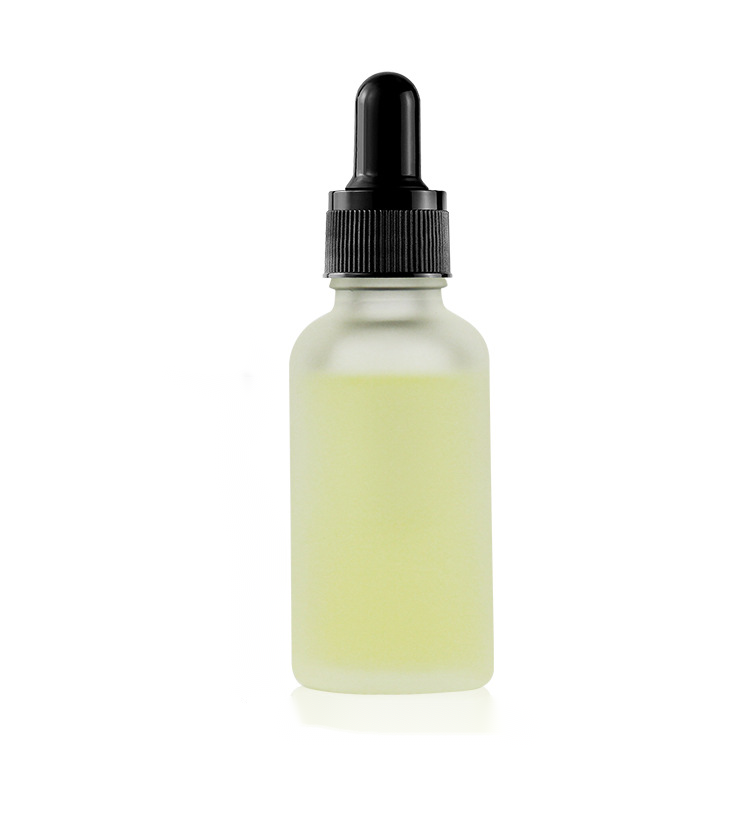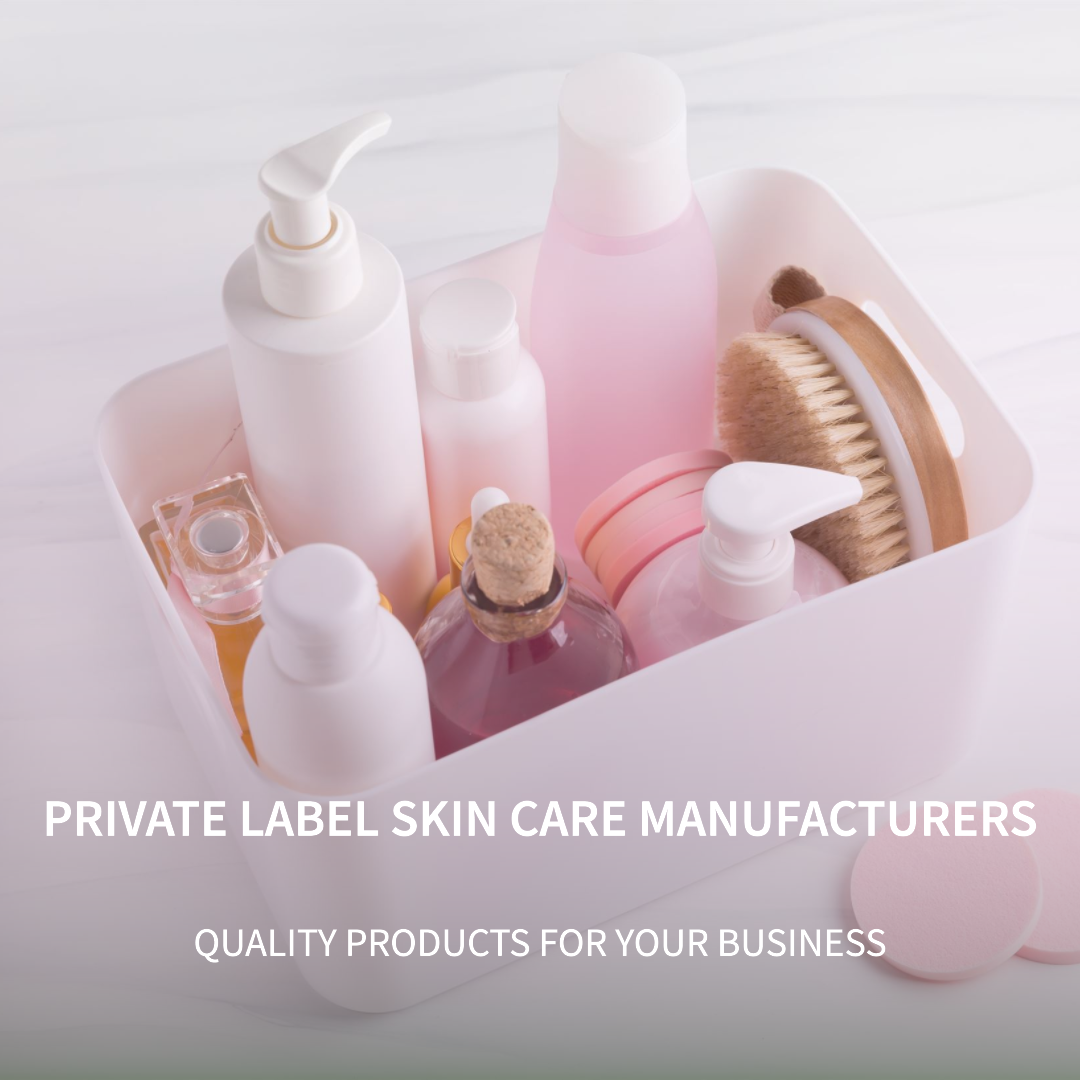Introduction
In the ever-expanding world of skincare, private label manufacturing has emerged as a game-changer for entrepreneurs looking to create their own brand. Private label skin care manufacturers offer a unique opportunity to develop and market high-quality skincare products without the need for extensive research, development, and production infrastructure. This article will delve into the world of private label skin care manufacturing, its advantages, how to choose the right manufacturer, customization options, branding strategies, marketing tactics, ensuring quality and compliance, and the future of this booming industry.
In the ever-growing beauty industry, private label skincare has become a popular choice for entrepreneurs and businesses looking to create their own skincare brands. China, known for its manufacturing capabilities and cost-effectiveness, has emerged as a hub for private label skin care manufacturers. Finding trusted manufacturers in China is crucial to ensure the quality and success of your skincare brand. This article will guide you through the process of finding reliable private label skin care manufacturers in China.
Understanding Private Label Skin Care Manufacturing
Private label skin care manufacturing involves partnering with a third-party manufacturer that specializes in producing skincare products. These manufacturers have the necessary expertise, facilities, and resources to develop and manufacture a wide range of skincare items, including cleansers, moisturizers, serums, masks, and more. As a brand owner, you collaborate with the private label manufacturer to customize the products to your specifications, including packaging, labeling, and branding elements.
Please take a look at this example of a private label skincare product from MetaCNBeauty. The product is a serum.

Advantages of Private Label Skin Care Manufacturers
- Cost-effectiveness: Private label manufacturing eliminates the need for costly research and development, as well as production infrastructure. This allows you to focus your resources on marketing and growing your brand.
- Time-saving: Private label manufacturers have streamlined processes and established supply chains, enabling faster product development and launch.
- Expertise and quality: By partnering with experienced manufacturers, you gain access to their knowledge and expertise in formulating and producing high-quality skincare products. Trusted manufacturers ensure high-quality ingredients and production processes.
- Flexibility and customization: Private label manufacturers offer a wide range of product options that can be customized to match your brand identity and target market.
- Brand ownership: With private label manufacturing, you have full control over branding, packaging, and marketing, allowing you to build a unique brand identity.and you can create a brand that aligns with your vision and target market.
- Scalability: Private label manufacturers can accommodate small to large production volumes as your business grows.
Choosing the Right Private Label Skin Care Manufacturers
When starting a private label skin care business, one of the most important decisions you will make is choosing a manufacturer. The manufacturer you choose will have a significant impact on the quality, safety, and success of your products.
There are several factors to consider when choosing a private label skin care manufacturers, including:
- Reputation and experience: Do your research to learn about the manufacturer's reputation and experience in the skin care industry. Read customer reviews and talk to other brands that have worked with the manufacturer.
- Product range and customization options: Make sure the manufacturer offers the specific skin care products and customization options you are looking for. You should also ask about the manufacturer's minimum order quantities and pricing.
- Quality control and certifications: The manufacturer should have a rigorous quality control process in place to ensure the safety and efficacy of their products. They should also hold relevant certifications, such as ISO 22716.
- Communication and support: The manufacturer should provide clear and prompt communication throughout the process. They should also be available to provide support after the products have been launched.
1.The Importance of Choosing a Trusted Manufacturer In China
Choosing a trusted private label skin care manufacturers In China is essential for the success of your brand. When you work with a trusted manufacturer, you can be confident that your products will be of the highest quality and that they will meet all applicable safety and regulatory requirements.
Example of emulsion equipment from MetaCNbeauty private label skin care manufacturers

Here are some additional tips for choosing a trusted private label skin care manufacturers:
- Get multiple quotes: Get quotes from several different manufacturers before making a decision. This will help you ensure that you are getting the best possible price.
- Visit the manufacturer's facility: If possible, visit the manufacturer's facility to see their operations firsthand. This will give you a good sense of their quality control procedures and their commitment to safety.
- Get everything in writing: Once you have chosen a manufacturer, be sure to get everything in writing. This includes the product specifications, the minimum order quantities, the pricing, and the delivery terms.
If you want to launch successful skin care products, it's important to choose a trusted private label skin care manufacturer. You can take inspiration from successful private label skin care brands like The Ordinary, Drunk Elephant, and La Roche-Posay. Here are some tips to help you make the right choice.
2. Researching Potential Manufacturers
Begin your search for trusted private label skin care manufacturers by leveraging online directories, industry trade shows, and referrals from industry experts. Make a list of potential manufacturers and conduct thorough research on each of them.
3. Assessing Manufacturing Capabilities
Evaluate the manufacturing capabilities of each potential manufacturer. Consider factors such as their production capacity, available equipment, technology, and ability to customize formulas to meet your specific requirements.
4. Quality Assurance and Certifications
Ensure that the manufacturer follows strict quality control measures and holds relevant certifications, such as Good Manufacturing Practice (GMP) and ISO certifications. These certifications demonstrate the manufacturer's commitment to producing high-quality skincare products.
5. Communication and Collaboration
Effective communication is essential for a successful partnership with a private label skin care manufacturer. Evaluate their responsiveness, willingness to provide information, and ability to understand and meet your needs. Establish clear channels of communication and maintain regular contact throughout the manufacturing process.
6. Pricing and Minimum Order Quantities (MOQs)
Obtain detailed pricing information from each manufacturer, including the cost per unit, packaging options, and any additional charges. Additionally, inquire about the minimum order quantities (MOQs) they require. Ensure that their pricing aligns with your budget and business goals.
7. Samples and Product Development
Request samples from the shortlisted manufacturers to assess the quality of their skincare products. Evaluate the texture, fragrance, effectiveness, and packaging. Collaborate with the manufacturer on product development to create customized formulas that cater to your target market.
8. Factory Visits and Inspections
Consider visiting the manufacturing facilities of the top contenders on your list. This allows you to assess their production processes, quality control measures, and overall working conditions. Conduct inspections to ensure compliance with ethical and environmental standards.
9. Intellectual Property Protection
Protecting your intellectual property is crucial when working with private label skin care manufacturers. Ensure that the manufacturer respects your brand's trademarks, formulas, and packaging designs. Sign non-disclosure agreements (NDAs) and discuss intellectual property rights with the manufacturer.
10. Shipping and Logistics
Discuss shipping and logistics arrangements with the manufacturer. Clarify responsibilities regarding customs clearance, documentation, and delivery timelines. Choose a manufacturer experienced in international shipping to minimize delays and logistical challenges.
11. Building Long-Term Relationships
Building a long-term relationship with your private label skin care manufacturer is beneficial for continuous product development, reliable supply, and mutual growth. Maintain open communication and establish trust to foster a successful partnership.
12. Common Pitfalls to Avoid
- Falling for extremely low prices without considering quality.
- Neglecting to conduct due diligence and verify manufacturer credentials.
- Failing to protect your intellectual property.
- Overlooking the importance of clear communication channels.
- Disregarding quality control and certifications.
Customizing Your Skin Care Products
Private label skin care manufacturers offer various ways to customize your skincare products:
- Formulation: Work closely with the manufacturer to create a unique formulation that aligns with your brand's vision and meets the needs of your target market.
- Packaging and labeling: Design customized packaging and labels that reflect your brand's identity and appeal to your target audience.
- Fragrance and ingredients: Select from a range of fragrances and ingredients to create products that offer a delightful sensory experience and desired skin benefits.
Building Your Brand with Private Label Skin Care Manufacturers
Private label manufacturing serves as a launchpad for building your skincare brand:
- Define your brand: Develop a clear brand strategy, including your brand story, values, target audience, and unique selling propositions.
- Design compelling branding elements: Create an eye-catching logo, appealing packaging, and memorable product names that resonate with your target market.
- Craft a brand narrative: Tell your brand's story through marketing materials, website content, and social media posts to connect with your customers on a deeper level.
- Establish an online presence: Build a user-friendly website, leverage social media platforms, and utilize content marketing to increase brand visibility and attract customers.
Marketing and Selling Your Private Label Skin Care Products
- Identify your target market: Conduct market research to understand your target audience's needs, preferences, and purchasing behavior.
- Develop a marketing strategy: Utilize a mix of online and offline marketing channels, such as social media advertising, influencer collaborations, email marketing, and content marketing, to reach your target market effectively.
- Leverage customer reviews and testimonials: Encourage satisfied customers to leave reviews and testimonials to build trust and credibility.
- Implement SEO strategies: Optimize your website and product pages with relevant keywords to improve organic search rankings and drive traffic to your online store.
Ensuring Quality and Compliance
To maintain product quality and compliance:
- Quality control checks: Regularly inspect and test your products to ensure they meet the highest quality standards.
- Compliance with regulations: Stay updated on local and international regulations for skincare products, including ingredient restrictions, labeling requirements, and safety certifications.
- Lab testing: Conduct independent lab testing to validate the safety, efficacy, and stability of your skincare formulations.
- Transparent ingredient lists: Clearly list all ingredients on product labels to provide transparency and build trust with your customers.
Scaling Up Your Business with Private Label Manufacturing
As your brand grows, consider the following strategies to scale up your business:
- Expand your product line: Introduce new skincare products to cater to a broader range of customer needs and preferences.
- Target new markets: Conduct market research to identify potential international markets and adapt your marketing strategies accordingly.
- Collaborate with influencers and brand ambassadors: Partner with influential individuals in the skincare industry to expand your brand's reach and credibility.
- Optimize supply chain management: Streamline your supply chain processes to ensure efficient production, inventory management, and timely delivery.
The Future of Private Label Skin Care Manufacturing
Private label skin care manufacturing is poised for continued growth and innovation:
- Advancements in technology: Technological advancements, such as AI and automation, will further streamline manufacturing processes and enable greater customization options.
- Sustainability and clean beauty: Consumers are increasingly conscious of sustainable and clean beauty products. Private label manufacturers will adapt by offering eco-friendly and natural ingredient options.
- Personalization and customization: With growing consumer demand for personalized skincare, private label manufacturers will provide advanced customization capabilities to meet individual needs.
- Diverse market opportunities: The global skincare market continues to expand, creating opportunities for skin care private label brands to cater to specific niches and demographics.
Conclusion
Finding trusted private label skin care manufacturers in China is crucial for the success of your skincare brand. Conduct thorough research, evaluate their manufacturing capabilities, ensure quality assurance, communicate effectively, and protect your intellectual property. Building strong partnerships with reliable manufacturers will enable you to deliver high-quality skincare products to your customers.

